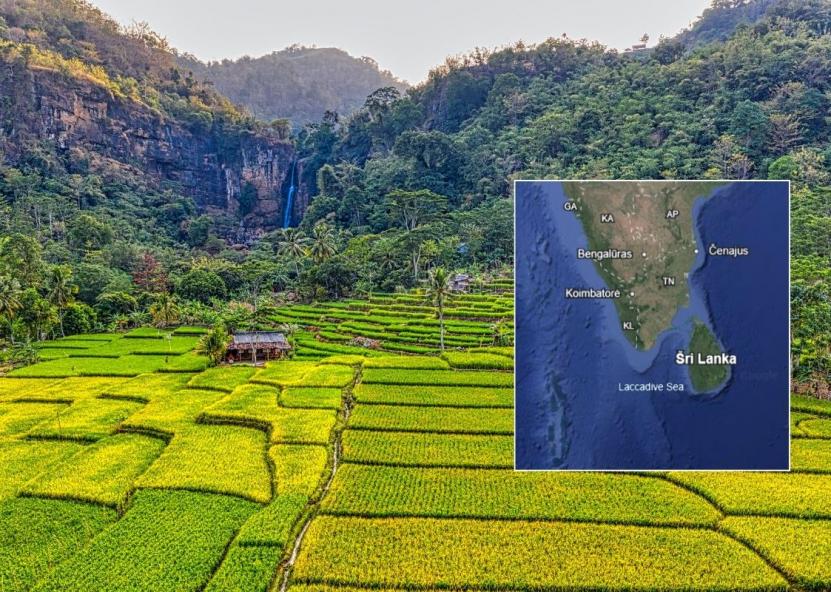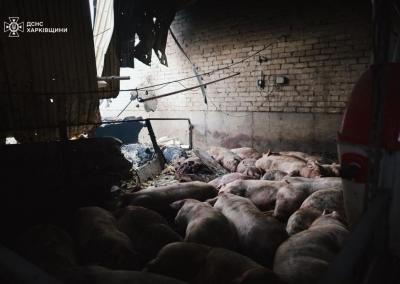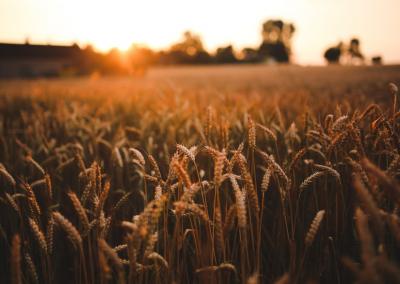Sri Lanka's one-season fertiliser- and pesticide-free season is a complete fiasco
Sri Lanka, neighbouring India, is reaping a catastrophic harvest from pesticide and fertiliser bans; farmers have lost more than 50% of their crops and food prices have soared to record highs, while crops are being attacked by disease, weeds and pests.
By April 2021, the government of this Indian Ocean island banned the import and use of traditional agricultural chemicals (fertilisers and pesticides).
Since the ban, the use of organic inputs on agricultural land has been actively promoted throughout the country. This has contributed to a decline in crop yields and a surge in food prices across the country.
Along with other existing problems in the country, including the COVID-19 pandemic, this shift to organic agriculture further worsened Sri Lanka's economy in the middle of that year.
In November 2021, the Sri Lankan government partially reversed this policy, allowing the import of chemicals for important export crops. However, chemical fertiliser subsidies were not restored and food prices remained high. Rice yields have not recovered, it was pointed out.A recently published report, „Sri Lanka: Impact Assessment Study on the 2021 Ban on Traditional Pesticides and Fertilizers“, conducted by Kynetec for „CropLife Asia“, provides information on the impact of the shortage of chemical pesticides and fertilizers on Sri Lanka's farming communities, the production of staple crops, and the change in the use of illicit pesticides.
The survey involved 483 small and medium-sized agricultural enterprises and commercially viable farmers.According to the study, almost all farmers in Sri Lanka said that it was difficult to obtain conventional inputs after the chemical ban. This shortage of inputs has had a significant logistical and economic impact. As many as 50% of farmers had to buy conventional inputs from several retail chains, 79% of farmers were unable to obtain the required products due to shortages and 80% of farmers had to pay higher prices for conventional pesticides.
Farmers in Sri Lanka also noted that they „lost“ 54% of their harvest. Most notably, 25% of Sri Lankan farmers would have considered giving up farming if the ban on conventional pesticides had been in place until the 2022 season.
The limited availability of conventional pesticides and the reduction in their use has had direct and indirect consequences for Sri Lankan farms. For example, 81% of farmers experienced an increase in weed infestations, 73% of farmers highlighted an increase in pests, and 77% of farmers highlighted a faster spread of plant diseases.
The study concludes that 75% of Sri Lankan farmers want to use conventional pesticides in the future, and the three main reasons for their preference are the high level of control, better speed of control and ease of use. Find the report on glite here.














































































































